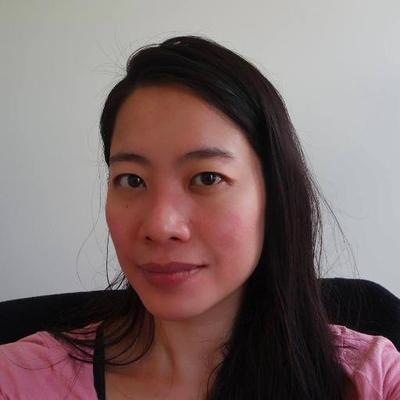
Professor Adeline Koh directed the Center for Digital Humanities at Stockton University, and is a member of the Literature Program. In addition to publishing regularly on the intersections of race, gender, technology, and postcoloniality, she writes software code, creates educational games, produces a comic strip, offers webinars, blogs for Profhacker at the Chronicle of Higher Education, and runs a consultancy business.
Professor Koh’s “Niceness, Building, and Opening the Genealogy of the Digital Humanities: Beyond the Social Contract of Humanities” argues for a new genealogy of the Digital Humanities (DH), one that revises the dominant notion of computational humanities as a direct precursor to DH, in favor of alternate genealogies that draw from New Media Studies, Feminism, and Postcolonialism. Her recent article “A Letter to the Humanities: DH Will Not Save You” offers a pungent critique of the largely unexamined acceptance of the digital humanities as the next big thing to save a field in crisis. We should, instead, she notes, develop granular approaches and methods to integrating digital tools into curricula and programs. To Koh, placing the humanities, or the question of the human, at the center of DH is ultimately more fruitful, because it will open up the field to examine “the conditions under which computing is manufactured,” so that we can develop a “cultural analysis of the ideologies of computing.”
During her visit to USM, Professor Koh met with the USM Digital Humanities Research Cluster, Ci2 students, and other administrators, staff, students, and faculty. She will deliver a public lecture titled “Social Media and Revolutions: Imagined Communities and Postcolonial Studies.”
On November 5, 2015 in her public lecture, Professor Koh focused on the formation and concept of political communities created by social media tools and platforms. Drawing on Benedict Anderson’s Imagined Communities, she argues that social media and the networked public sphere have created new discourses for imagining community. These new imagined communities are radically different from their print predecessors as they focus on participants being active producers rather than passive recipients, and cut across boundaries of space and time. They have great political potential but also have their limitations. Koh contends that digital humanities critics need to turn their attention to these new imagined communities and engage with unique social and political dynamics.
The Departments of Art, English, History and Political Science, Women’s and Gender studies, and the CI2 Lab co-sponsored the visit.


